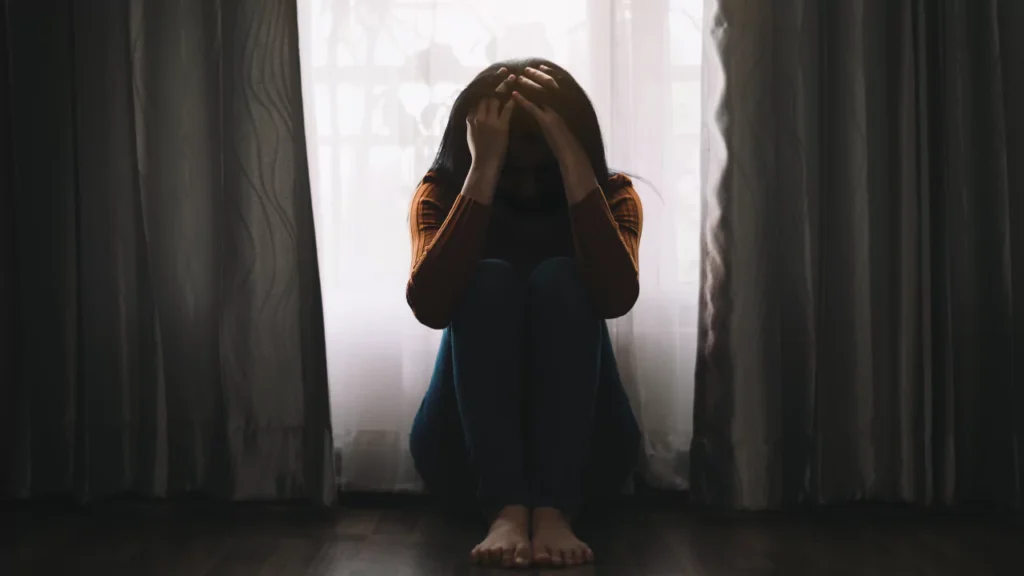The trauma of being unseen often lies at the root of both shame and codependency, quietly shaping how we relate to ourselves and others throughout our lives. This unseen wound—often rooted in early relational experiences—leaves an enduring imprint on our emotional landscape, one that can quietly dictate our behavior, self-worth, and capacity for connection well into adulthood.

When a person’s emotional reality is consistently ignored, dismissed, or invalidated—especially during the formative childhood years—they may begin to disconnect from their own internal world. This disconnection is not a conscious choice but a protective adaptation. If expressing their true feelings or needs leads to rejection, ridicule, or emotional withdrawal from caregivers, they may learn that visibility is unsafe. To preserve attachment and maintain a sense of security, they begin to suppress or fragment the parts of themselves that feel unwelcomed. Over time, this can develop into a pattern of chronic self-abandonment, where prioritizing others and seeking external validation becomes the only path to feeling worthy, accepted, or emotionally safe.
Shame, in this context, is not just a feeling—it becomes a core identity. It arises not only from overt harm, but from what was missing: the absence of emotional attunement, consistent presence, and nurturing reflection. When we are not accurately or compassionately mirrored as children, we may internalize the belief that our needs are burdensome, our emotions are too intense, or our true selves are unlovable. This distorted self-perception creates fertile ground for shame to grow and for codependent tendencies to take root.
Codependency often develops as a way to earn love, approval, or a sense of identity by focusing entirely on others—tending to their needs, fixing their problems, or managing their emotions. It can be an unconscious attempt to create connection by becoming indispensable. In the process, individuals suppress their own desires, struggle to express authentic emotions, and lose touch with their internal compass. Relationships become centered on caretaking, appeasement, or control, rather than mutual respect and interdependence.
The process of recovery and healing from these patterns begins with awareness and acknowledgment. It requires turning inward with honesty and compassion, recognizing the pain of not being seen, and validating the unmet needs that have long been pushed aside. Healing invites us to grieve not only what happened, but also what didn’t: the nurturance, affirmation, and emotional safety we never received. This grief is not a detour—it is part of the healing path.
As we become more attuned to our own inner world, we begin to reclaim our feelings as valid, our needs as important, and our boundaries as necessary. This often includes learning to tolerate the discomfort of disappointing others, saying no, or being misunderstood—experiences that may have once felt threatening. We learn to trust ourselves, to sit with uncomfortable emotions rather than bypass them, and to separate our sense of worth from our ability to please or perform for others.
In learning to see and validate ourselves—sometimes for the very first time—we begin to loosen the grip of shame and gently step away from codependent dynamics. We rebuild inner trust, develop emotional resilience, and cultivate a sense of wholeness that no longer hinges on how others perceive or respond to us. Being truly seen, first by ourselves and then by emotionally safe others, becomes both the medicine and the pathway to reclaiming our full, authentic self.
Ultimately, the journey out of shame and codependency is a journey back to the self—a slow and courageous return to the parts of us that were silenced, hidden, or neglected. In seeing ourselves clearly and compassionately, we lay the foundation for healthier relationships, deeper connection, and a more grounded sense of self-worth that endures from within.
